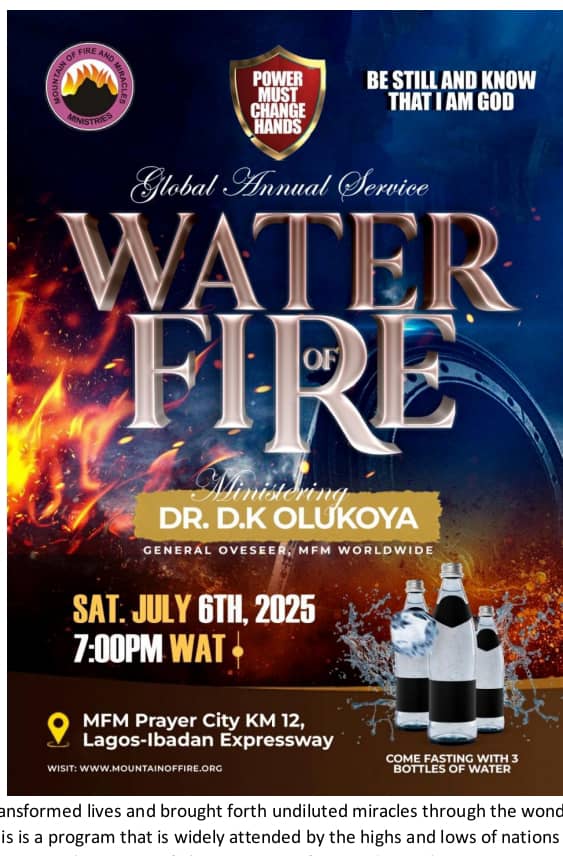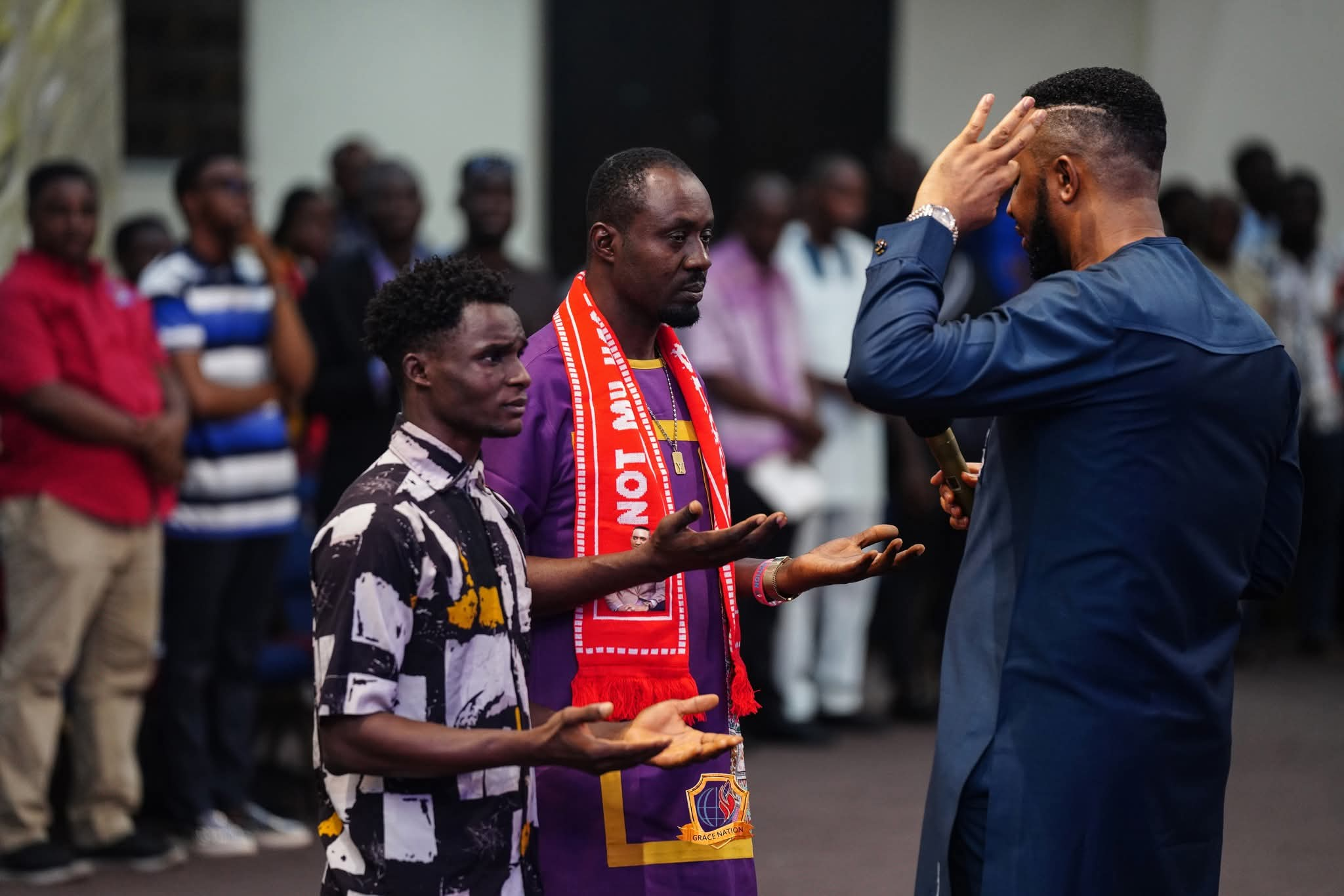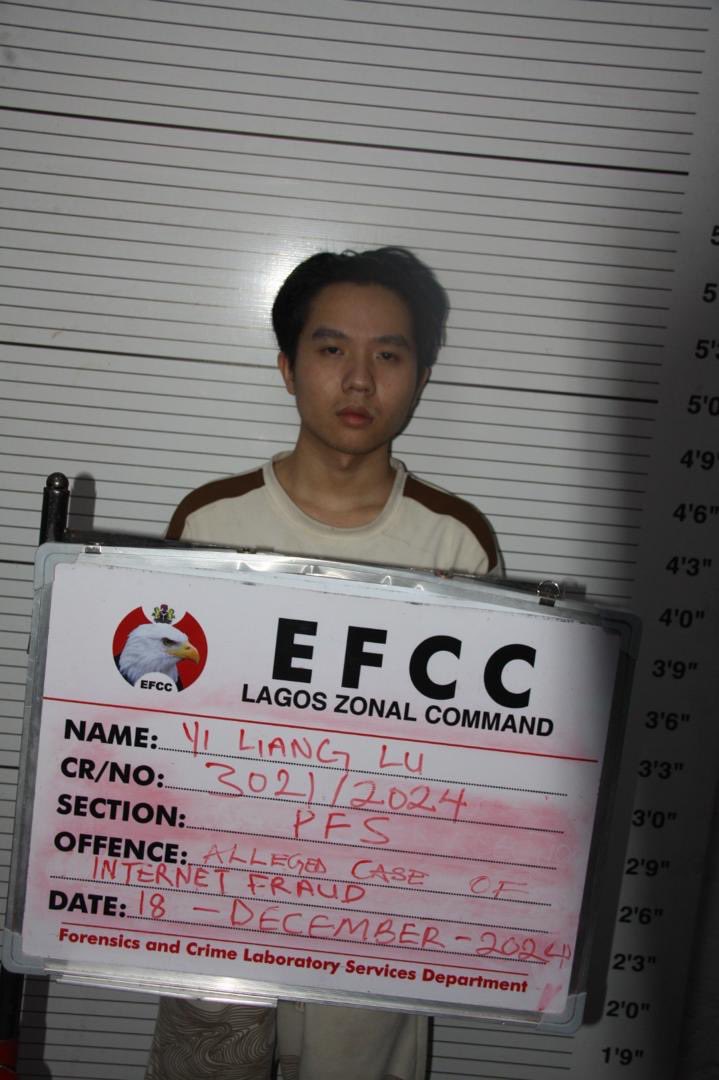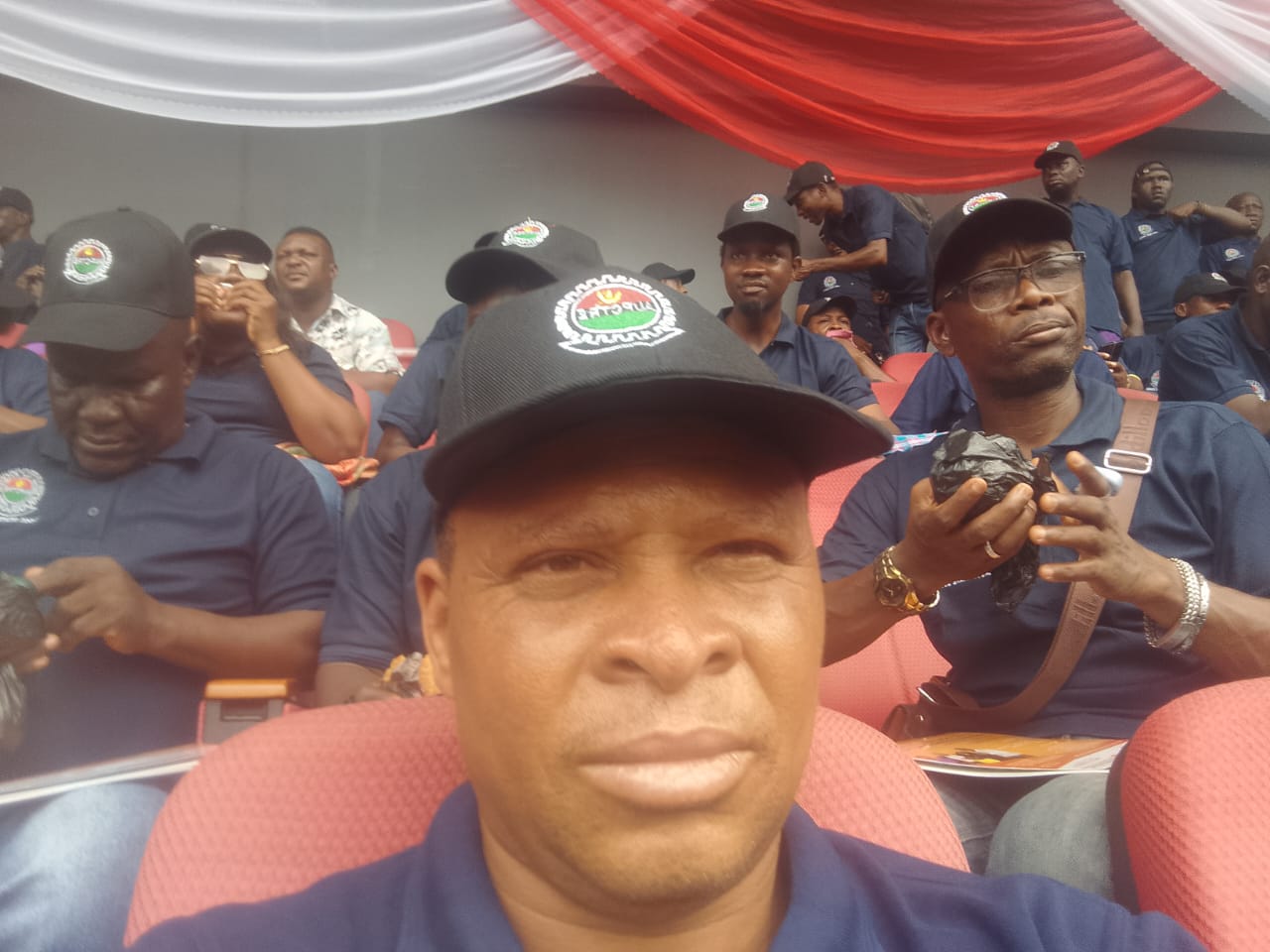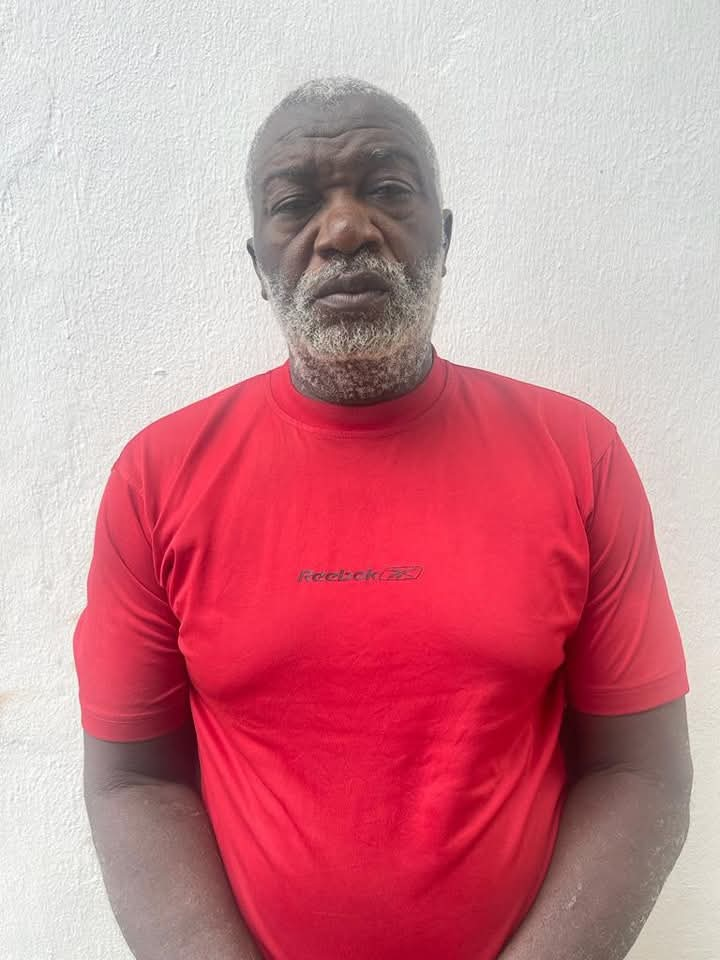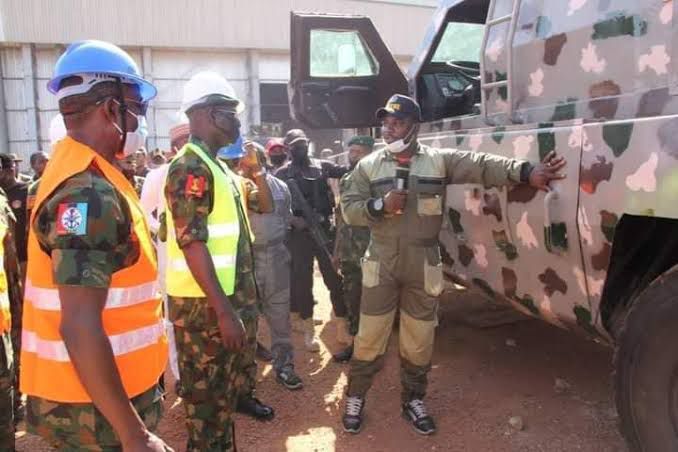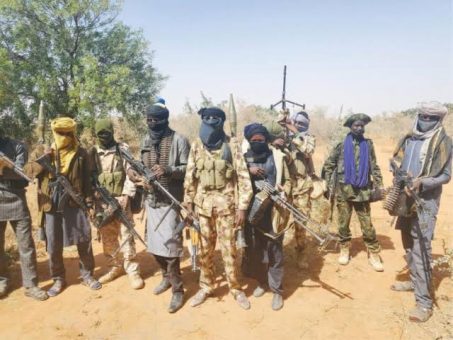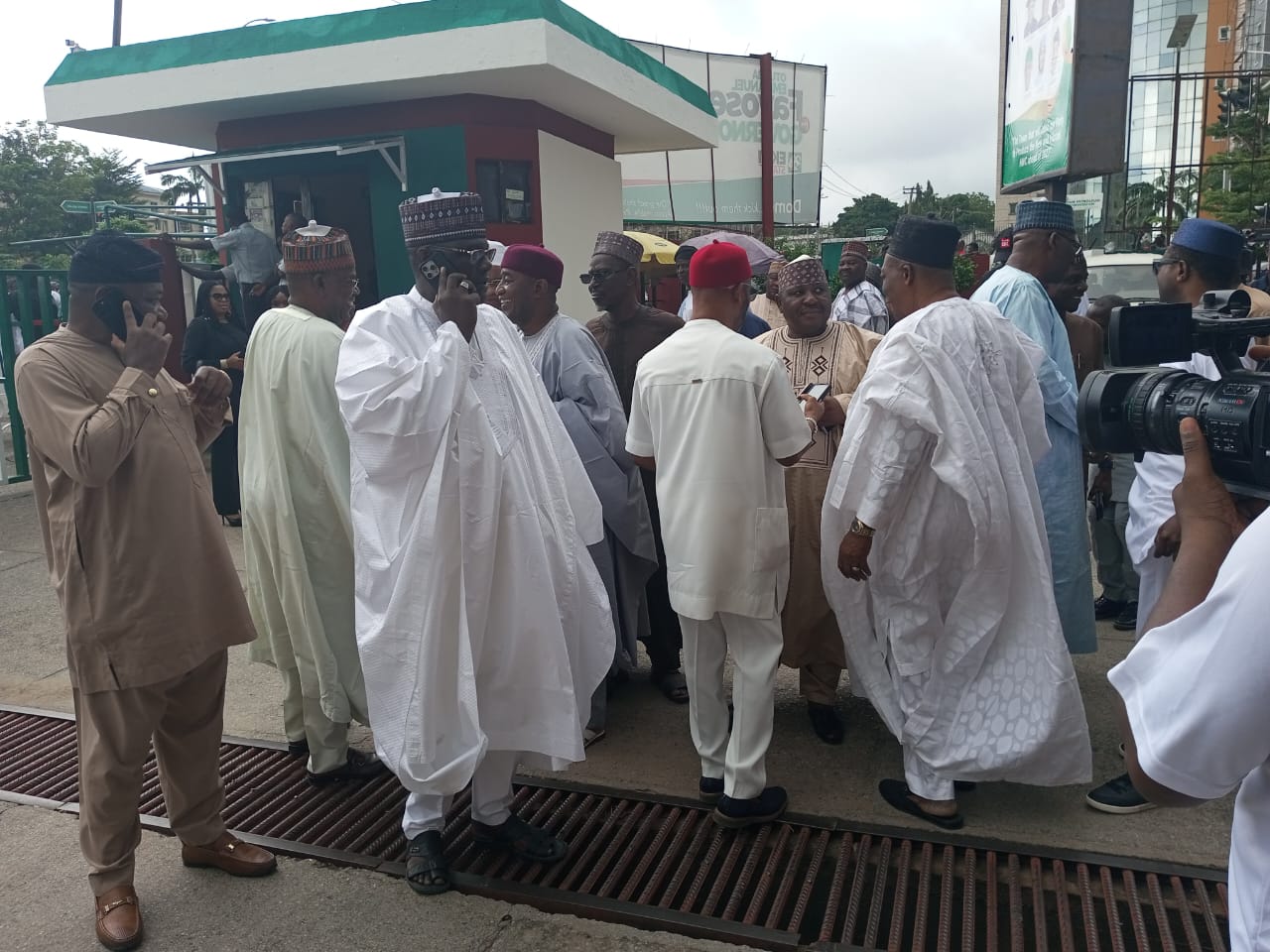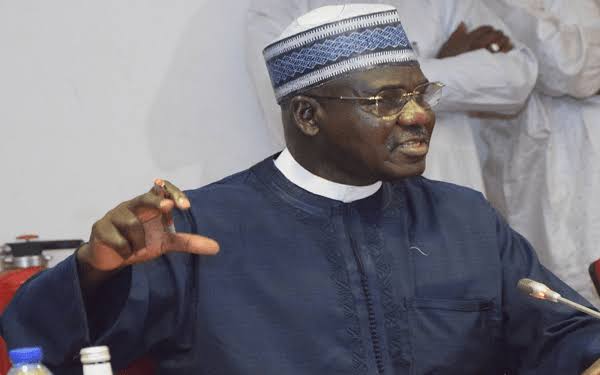
Buratai calls for more youth involvement in democratic process
- Bayo Adetu
- March 5, 2022
- NEWS
- 0 Comments
Following the signing of the 2022 electoral bill into law by President Muhammadu Buhari ahead of the 2023 general elections, Nigerian Ambassador to the Republic of Benin and former Chief of Army Staff, Lieutenant General Tukur Yusufu Buratai, Rtd, says the youths should take full advantage of the opportunities in the political space as agents of innovation to strengthen democratic practice for all inclusive growth.
Buratai’s itemized analyses are presented below:
1. Let me begin by stating unequivocally that I have spent my entire service life defending my nation and democracy because I am convinced that it is the political system most conducive to peace, sustainable development, the rule of law, and respect for human rights, which are the three pillars of any healthy and democratic nation. Permit me to utilize this opportunity to congratulate Nigeria and all Nigerians, particularly the youth, on 22 years of uninterrupted democratic administration. Some may argue that Nigeria’s young democracy is nothing to celebrate because its elections, which are designed to serve as means for the peaceful resolution of political rivalries, are frequently flashpoints for political bloodshed. I concur that elections devoid of integrity cannot bring legitimacy to the winners, security to the losers, or public confidence in their leaders and institutions. This weakens polities by encouraging disaffected groups to seek out less constructive outlets for their discontent. Because of this challenge associated with all nascent democracies, some people feel that there is no need to commend the Nigerian democratic project. I respectfully disagree. We are evolving, and as you can see, the system is improving daily as a result of our leaders’ periodic enhancements to the democratic system. For instance, the 2022 Electoral Act which the President, Commander-in-Chief, President Muhammadu Buhari just signed into law, is a factor that will undoubtedly improve the transparency and acceptability of the country’s future elections and promote democratic governance.
2. Democracy remains a universal aspiration because it actually delivers. For example, of the twenty countries with highest levels of human development as measured by the UN’s human development index, nineteen are liberal democracies. Among the top forty, thirty-six are liberal democracies. And even the citizens of poorer democracies live, on average, nine years longer than citizens of poor autocracies, because they have better access to health and education. Democracies are also less vulnerable to famines and conflicts.
3. It was the Greek philosopher, Aristotle, who said, “Man is, by nature, a political animal.” It means that a man is born, lives, and dies as a member of a community, and the affairs of that community are therefore his and vice-versa. This is why since my transition back to civilian life from the Army, I have continued to participate in every civic activity I could to promote peace and strengthen our democracy. It is the reason I decided to send this message to all Nigerian youths.
4. Democracy is known as the finest form of government. Why so? It is because in a democracy, the people of the country choose their leaders who will then form a government to lead them. They enjoy certain rights that are very essential for any human being to live freely and happily. On the other hand, Good governance has been defined to refer to structures and processes that are designed to ensure accountability, transparency, responsiveness, rule of law, stability, equity and inclusiveness, empowerment, and broad-based participation. Good governance also represents the norms, values and rules of the game through which public affairs are managed in a manner that is transparent, participatory, inclusive and responsive.
5. If we want to continue to make our democracy work and deliver dividends, we must take the critical issues of participation and a vibrant democratic system in Nigeria as sacrosanct, and our youths must embrace what I termed political dynamism. Political dynamism can be defined as vigorous political activity that is geared towards progress, and strength in the polity. It is usually characterized by patriotism, service to the fatherland, and youth inclusivity. Youth can be a creative force, a dynamic source of innovations, and they have undoubtedly, throughout history, participated, contributed, and even catalyzed important changes in political systems, power-sharing dynamics, and economic opportunities.
6. However, young people also face poverty, barriers to education, multiple forms of discrimination, and limited employment prospects and opportunities. This is a global challenge although it differs across countries, and it is why the youth must take the issue of electing their leaders very seriously. Our greatest resource as a country is not crude oil or any of the natural minerals but our population, our youth. Today, we have the largest global youth population in history, and the large majority of young people around the world are committed to peace, sustainable development, and human rights. Throughout my time in the Army, I’ve met with many groups of young people, including youth groups, student groups, and young leaders. I’ve always been impressed by their talent, knowledge, and desire to make the world a better place.
7. If I should take you back to memory lane to the history of our founding fathers, which most people agree that Dr. Nnamdi Azikiwe, Sir Ahmadu Bello, the Sardauna of Sokoto, and Chief Obafemi Awolowo agreed on, you will find out that they all started as youths fired by political dynamism. Dr. Azikiwe captured the nation’s attention when, in 1937, he arrived in Nigeria with an electrifying personality and a bundle of talents, and on November 22, 1937, he published the maiden edition of his popular newspaper, The West African Pilot. The Sardauna started to experiment with his leadership qualities right from Katsina Teachers’ College, and later on, through political dynamism characterized by inclusiveness of all ethnic nationalities in the North. Same with Awolowo who showed his people the power of education as a liberating and equalizing force in any society. All three of these great leaders practiced political dynamism characterized by non-violence, patriotism, human development, and service to humanity.
8. The first time all three met together was on Friday, June 19, 1953. Enahoro’s Self-Government-Now bill and the consequent resignation of all the Action Group’s federal ministers caused a constitutional crisis which made Nigeria ungovernable. Oliver Lyttleton, the secretary of state for colonies, tried to salvage the situation by inviting the main players to a constitutional conference in London. But Awolowo and Azikiwe, who had become friends since Enahoro’s bill was tabled, refused the terms and conditions. Because the Sardauna was fine with them, Macpherson, Nigeria’s governor, brought Sardauna, Azikiwe and Awolowo together in his office to jointly fashion new terms and conditions.
9. After the meeting, which ended at 10:10pm, he presented the trio to the media and the Daily Times the following day, naming them The Big Three. Since then, it has stuck that they were founding fathers because their tribes and their parties were the largest and because it offered an inclusive impression that all the regions had a say in the formation of the country.
10. In countries emerging from or facing conflicts, young people can engage in peace-building by leading non-violent movements and using innovative solutions to mobilize societies to bring about the needed transformation. Young people have demonstrated the potential to build bridges across communities, working together to help manage conflict and promote peace. Young people play a big role in conflict and peace-building, and they can be agents of peaceful change and help rebuild lives and communities, making the world a better place.
11. President Muhammadu Buhari has laid a foundation for a new Nigeria. Despite the myriad of challenges, he has kept faith with his vision and principles. The youths must carry these vision and principles beyond this administration. The legacies must be protected for a greater Nigeria and a formidable future generations.
12. My message to young people today is that they must not let themselves be used as willing tools by do-or-die politicians who want to stir up trouble in their communities. Instead, you must embrace the tenets of political dynamism and root out every factor that contributes to the democracy deficit in Nigeria, namely voter apathy, ballot snatching, looting, arson, and the likes. You constitute a large percentage of our voting and working population. You are also going to be the number one population block that will suffer the consequences of bad governance and incompetent leaders in the future. Therefore, you must do everything to safeguard your future survival and welfare in mind. Get actively involved in the democratic process by joining a political party and electing those who will lead you. Remember that voting is a civic duty expected of every Nigerian.
I thank you all Great Nigerian Youths.


